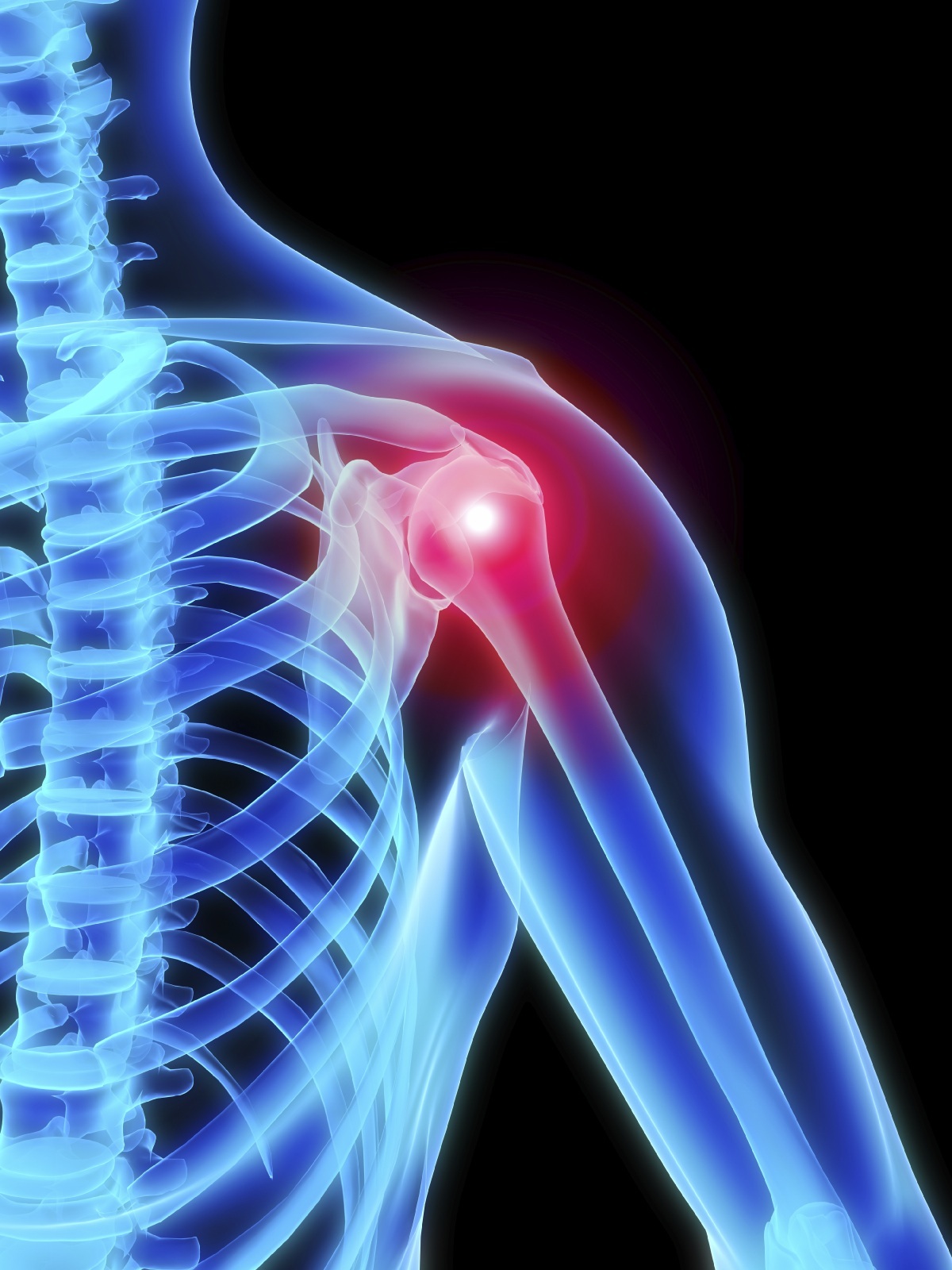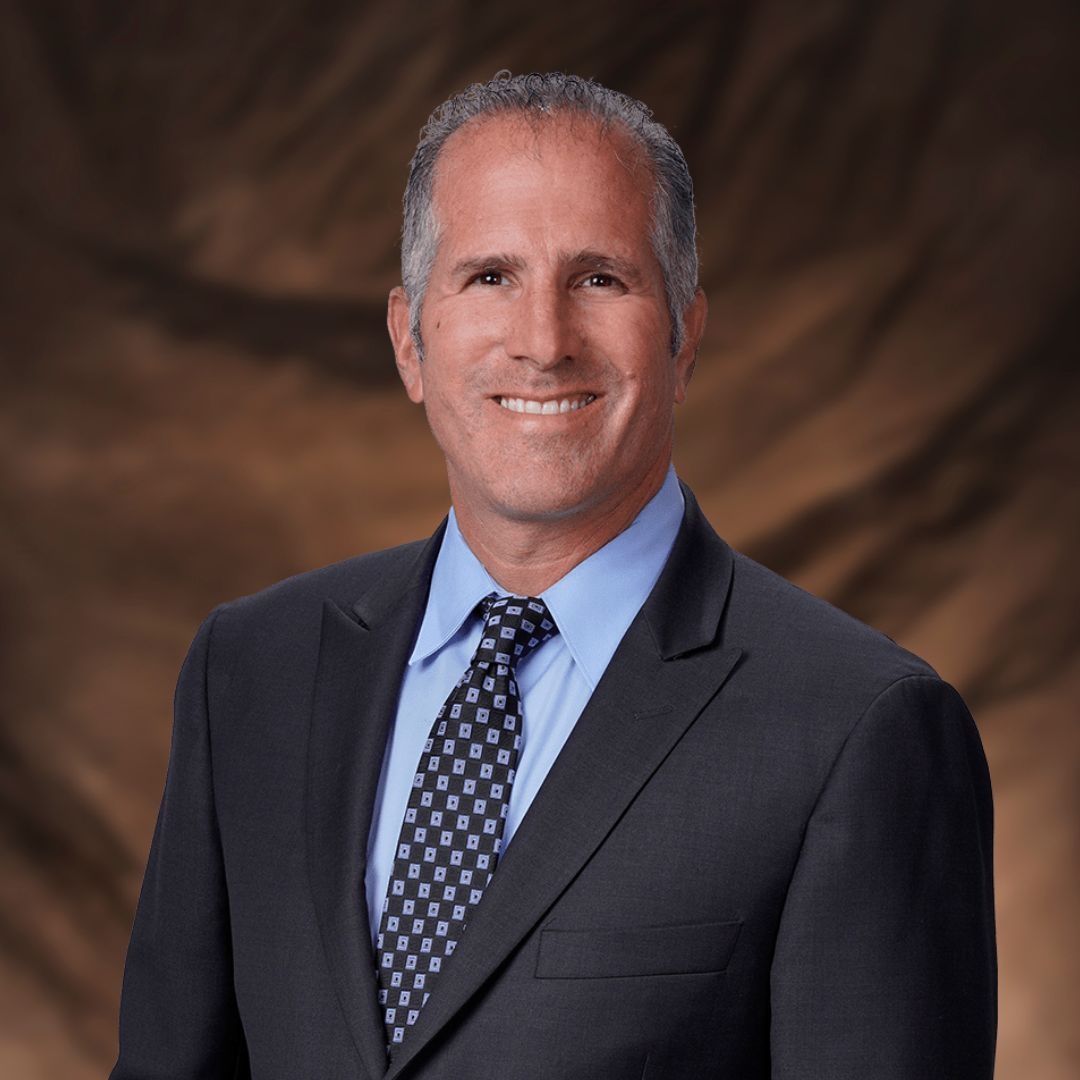January 22nd, 2016
Rotator Cuff Injury: FAQ

As outdoor and athletic activities increase, you or someone you love may begin suffering from unexpected shoulder pain and injuries. Swimming, tennis, softball can lead to shoulder and rotator cuff injuries. Here Rothman Orthopaedic Institute offers answers to the most frequent and troubling questions about rotator cuff injuries.
What is the rotator cuff?
The rotator cuff is a group of four (4) muscles and their tendons in the shoulder. These four muscles are the supraspinatus, subscapularis, infraspinatus, and teres minor. The muscles form a cuff around the shoulder joint and attach at the upper portion of the arm (humerus). These four muscles help to elevate and rotate the arm. In addition, these muscles help to stabilize the ball of the shoulder joint (humeral head) in the shallow socket of the shoulder (glenoid). When the arm is overhead, the rotator cuff works especially hard to stabilize the shoulder and provide power. This is why overhead activities, lifting, or throwing can cause pain in someone with a rotator cuff injury.
What is a rotator cuff injury?
A rotator cuff injury is usually an inflammation of the tendon called a tendonitis. The tendon gets overworked or sometimes gets pinched between the bones of the shoulder and becomes inflamed. This is termed “impingement syndrome”. In addition, there is a bursa which lies between the rotator cuff and the bone of the scapula (acromion). The bursa is a fluid filled sac that reduces friction between the tendon and the bone. Sometimes the bursa becomes inflamed along with the tendon, a condition called “bursitis”.
Sometimes the tendonitis will progress to the point that the tendon becomes frayed or torn. Tears of the rotator cuff can be partial thickness or full thickness. Partial thickness tears only go part way through the tendon. Full thickness tears extend all the way through the tendon, and the tendon is detached from the bone.
How is the rotator cuff injured?
Most commonly, the rotator cuff tendons wear and weaken with repetitive use until they eventually tear. In addition, in a tendon that is already weak, a small amount of trauma, such as a pulling injury, can lead to a full tear of the tendon. Occasionally, there is a severe traumatic injury that causes the tear, such as an accident or fall. This type of rotator cuff injury occurs most commonly in patients age 50 and older, and in people who play sports or work with the arms overhead.
How do I know my rotator cuff is injured?
Rotator cuff injuries most typically causes pain, especially with overhead activities. In addition, rotator cuff injuries or tears cause shoulder pain at night and lead to difficulty sleeping. With large rotator cuff tears, people notice weakness in doing overhead activities. You may also have difficulty with activities of daily living, such as dressing, bathing, and reaching outward.
Help for rotator cuff injuries
If you or someone you love has experienced rotator cuff injuries, it is important to talk with a doctor as soon as possible. If you live in or around the Philadelphia area, specialized help is available nearby at Rothman Orthopaedic Institute. For more information, please visit us here or contact us at 1-800-321-9999.




